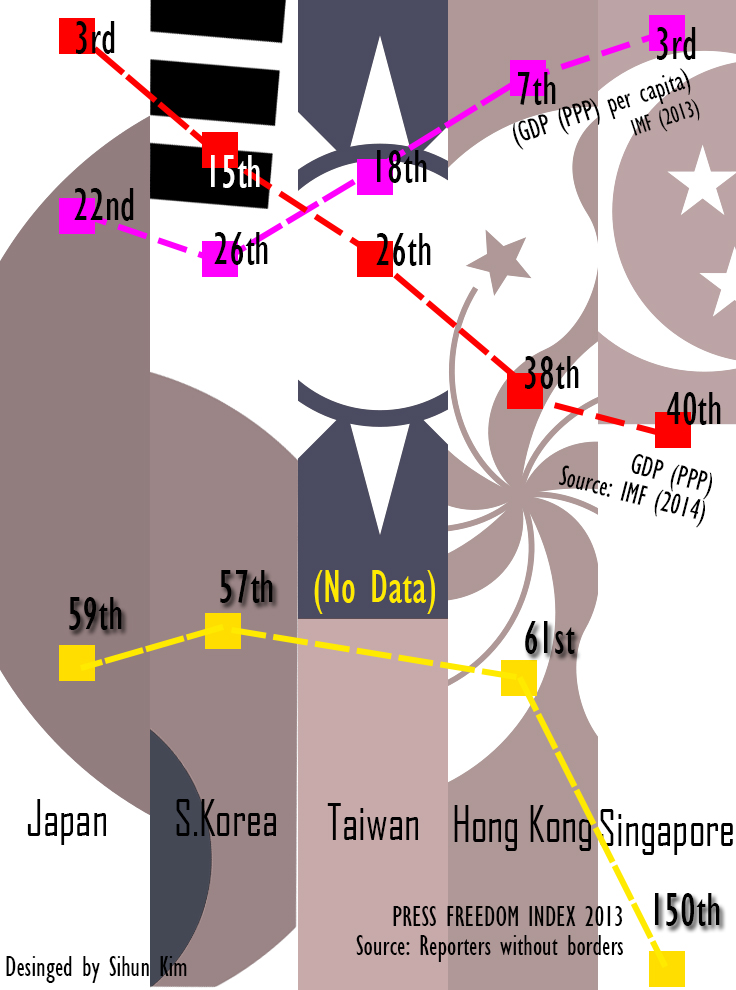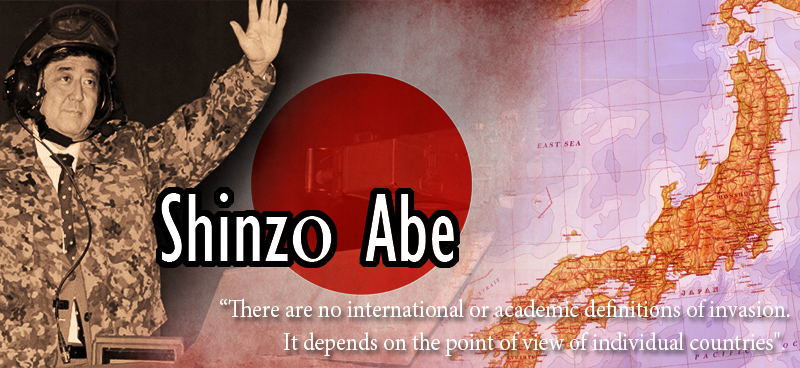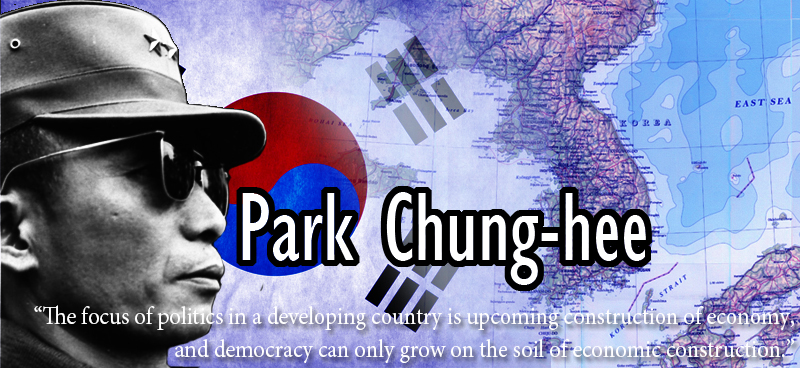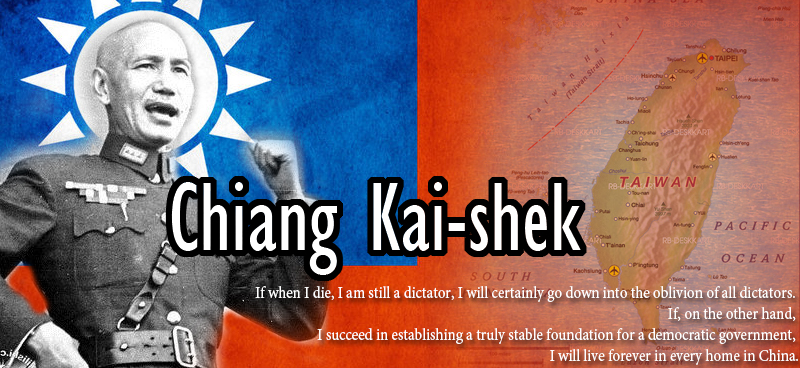Written by Sihun Kim
Graphic Designed by Sihun Kim
The viewpoints expressed in this article are those of the author, and do not in any way reflect the beliefs and viewpoints of the CELOP Sun, CELOP, or Boston University
Political Issues in Capitalism in Countries in East Asia
The productivity of Japan, a country involved in World War II, was paralyzed. The United States, which occupied Japan, made a plan for the defeated nation to behave as if it was an Alps country of Asia; a peaceful agrarian country like Switzerland. In addition, they prepared a partition plan for Japan with their Allies; the United Kingdom, the Republic of China, and the Soviet Union. However, a war in Korea, (a neighboring country of Japan), which entailed the conflict of the capitalism of the South and the communism of the North made them change their minds about the necessity of making Japan into a strong country and a front line defender of the United States due to the fear of communism. The Japanese industry had been revived by special procurements from the war in Korea. Those responsible for war crimes returned to the political world. Under a strong one-party rule and supporting western countries, the Japanese economy recovered beyond the war period. They held the Olympic games in Tokyo, 1964. They became the model for Asian values. As a result, the four countries which had been influenced by Japan, such as S.Korea, Taiwan, and Singapore, turned to dictatorship governments which sought economic development . The page below introduces Japan, also called the Chrysanthemum and the Sword, as well as Korea, Taiwan, Hong Kong, and Singapore, known as the Asian four dragons. They succeeded in economic growth following Japan.
Japan
After World War II, Japan, one of countries of the Axis of power, had been divided between the conservatives and the progressives in their political ideologies. In spite of the disbanding of the Nazis, the Japanese rightists were able to survive. The damage suffered by western allies was from Germany but not from Japan. Therefore the Japanese politicians weren’t punished by the Western countries despite the damage they caused. Nevertheless the Japanese conservatives could not ignore the progressives even though they still had political power. However, after the leader of the progressives was assassinated by a young boy of the conservatives in 1960, Japanese politics began to turn to to the right. After the conservative party had support, civic movements shackled and dissolved. This movement turned out to be an underground-organization. During the dictatorship of the conservatives for 50 years, the movement receded into the dim past by Japanese citizens who had experienced high economic development. During this high-growth period, the government got huge support from Japanese citizens. On the other hand, the government distorted several facts, such as the education of history, territorial issues, and post-war compensation issues. This caused friction between Japan and other surrounding countries. At the time of the 90’s during the economic crisis which was called the lost decade, the Progressive Party took over for a short period. However despite that short period, the Liberal Democratic Party was the first party of Japan. Unlike the opposition party, claiming the need to apologize to neighboring countries, the basic position of the Liberal Democratic Party was a consistently contradictory description. In the 21st century politicians, especially those who are right-wing and including the government party, participate in memorial events at Yasukuni Shrine. This facility is a memorial for war criminals of World War II. In addition, the government supported xenophobic organizations by deleting Japanese criminal acts that occurred during the war from textbooks, thereby abolishing the Constitution Article 9 which prohibits the act of aggression to other countries. From this perspective the Japanese government stepped on militarism.
Republic of Korea (South Korea)
South Korea, gaining independence at the end of the World War II, had experienced the biggest political storms in East Asia. In S.Korea, a capitalist government had been destroyed in the war-torn by the invasion of N.Korea. As a result, there could not exist any political ideology except for right-wing conservatism in South. There were three military dictators under the guise of stability in the country. It had been a dark period because plenty of people who disagreed with the government policy had been accused of being spies of N.Korea, so they received the death penalty or served sentences in prison, and the military attacked citizens. However, the first transfer of power from the conservatives to the progressives was done peacefully because of the economic crisis in 1998. S.Korea overcame the economic crisis under the new leaders control, but people wanted a strong leader who could boost the economy instead of a peaceful democratic leader. As a result, a new conservative president ended a decade of liberal rule in 2008. The conservative party however, tried to made public facilities such as airports or public transportation systems their own possessions. This wasteful spending for civil work led to a draining of the nation’s budget. In 2012, the presidential election was took place. 51% of the votes could barely keep the conservative party in the regime, but not much later it emerged that national secret agents and the military had been involved in the election to change the results. The new government had a Seoul city hall official pegged as a N.Korean spy to resolve the crisis in 2013. However he was found innocent because of a document, which was submitted by the prosecution and identified as a fake document. In addition, a ferry accident in 2014 aroused suspicion that a government had been denied an emergency rescue to divert public attention.




Thank you, Sihun, for your description of these countries. It was really informative and interesting.
Regards,
Ellen Yaniv